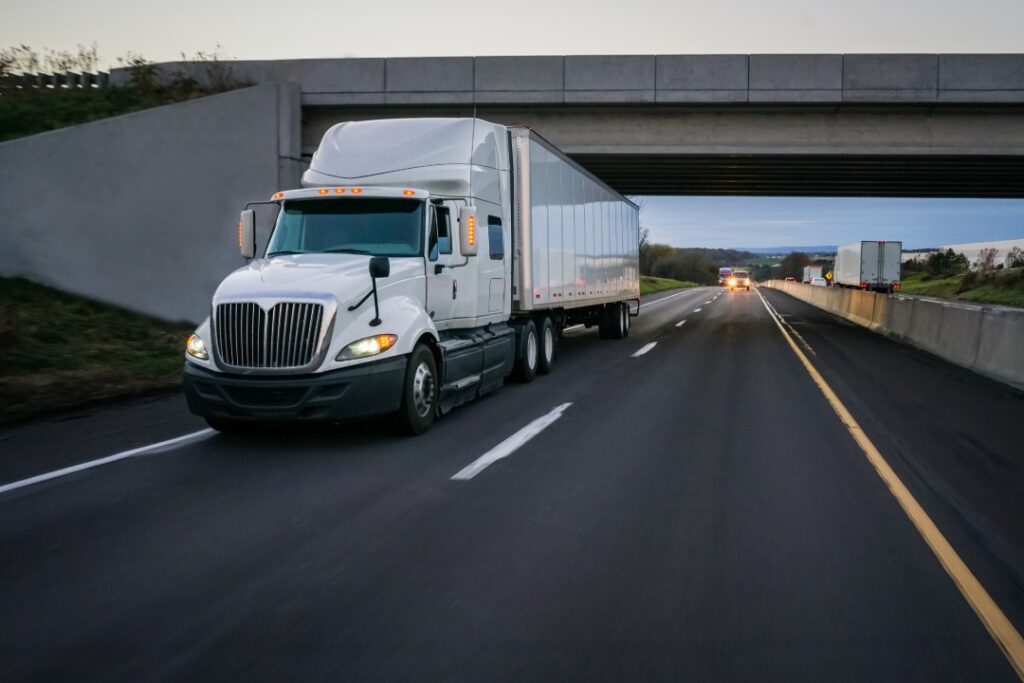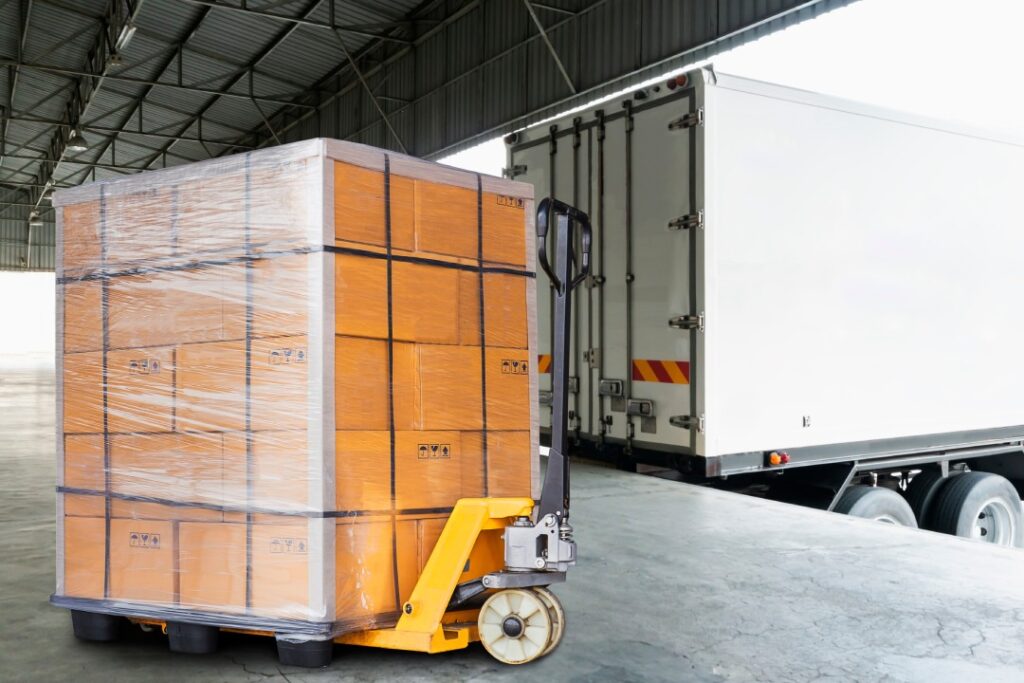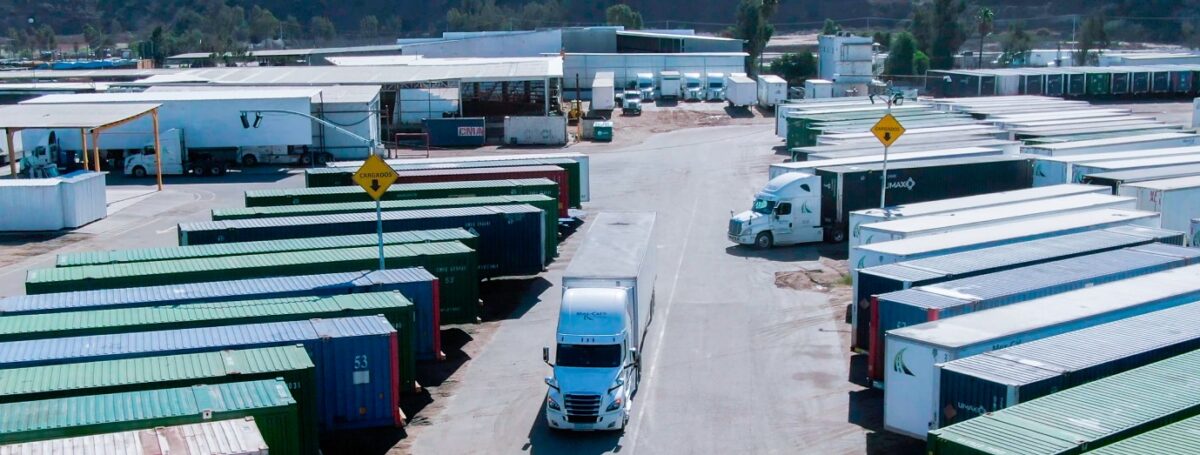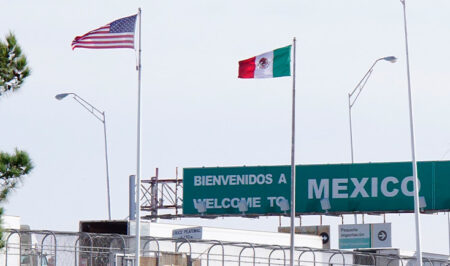What You Need To Know About Bonded Shipments
International trade is an exciting but complex opportunity for business growth, monetary profit, and cross-cultural connections. When completing cross-border transportation of goods, efficiency in process and timeliness of cargo are paramount if you want to capitalize on the opportunities this trade presents. That is why many businesses choose bonded shipments for their cargo transportation. Whether you are a seasoned importer/exporter or just starting on the international trade life, understanding these shipments, and using them to your advantage can streamline your logistics processes and save you valuable time at customs.

What does it mean when a package is bonded?
A bonded package is any item for which customs dues have not yet been paid. These goods are usually under the supervision of the nation’s customs agents until the cargo has cleared customs and all fees have been paid. Usually, these fees have not yet been paid because bonded cargo’s fees are deferred until it reaches its final destination. This arrangement can improve the speed and efficiency with which packages travel across borders.
What does it mean when a shipment is shipped in bond?
A shipment that is shipped “in bond” is not subject to the usual customs duties and fees – At least not right away. Its status as “in bond” indicates that it has not yet been processed by customs and is not intended for use by individuals inside the country through which the cargo is passing. The processing of the shipment and the payment of any fees occurs once the goods reach their final destination. As a result, a bonded shipment allows for the smooth and uninterrupted movement of cargo.

What are the responsibilities of a bonded carrier?
A bonded carrier is a transportation company authorized to carry cargo across borders without paying the usual customs duties and taxes. These carriers follow strict regulations to ensure the security of their goods. They must also maintain accurate records and follow all applicable customs procedures. As a result, bonded carriers are experts in security, safety, customs and the latest regulations governing the movement of goods across borders.
What makes a bonded warehouse?
A customs bonded warehouse, also known as a bonded warehouse, is a storage facility authorized to store bonded goods. These warehouses follow strict security and record-keeping protocols and are charged with securing these goods until they are released for consumption and distribution and the relevant customs fees have been paid on them.
What is the difference between a warehouse and a bonded warehouse?
A regular warehouse stores goods that are meant to be immediately sold or transported to their final destination. Bonded warehouses, however, store goods that have not yet had their customs taxes or duties paid. As a result, bonded warehouses allow businesses to create more efficient supply chains and defer payment of customs fees until a later date.

How do bonded warehouses work?
Bonded warehouses securely store goods that are under the supervision of customs officials. Usually, these goods are inspected, documented, and stored in secure and environmentally appropriate conditions until it is time to ship them to their next destination.
Who owns a bonded warehouse?
Many different entities may own a bonded warehouse, including the following:
- Private companies
- Logistics providers
- Government agencies
- Partnerships between multiple organizations
What are the disadvantages of bonded warehouses?
Bonded warehouses may save businesses time and money, but they also require storage fees. In addition, businesses must ensure that they follow strict regulations for the storage and transportation of their bonded goods to and from the warehouses and while their goods are stored there.
When navigating bonded shipments, you need a knowledgeable transportation and logistics partner. At Mex-Cal, we offer all-in-one solutions for transporting goods between the United States and Mexico. We can leverage our modern fleet, C-TPAT-certified yards and top-notch security to streamline your supply chains and help you make every delivery on time.






